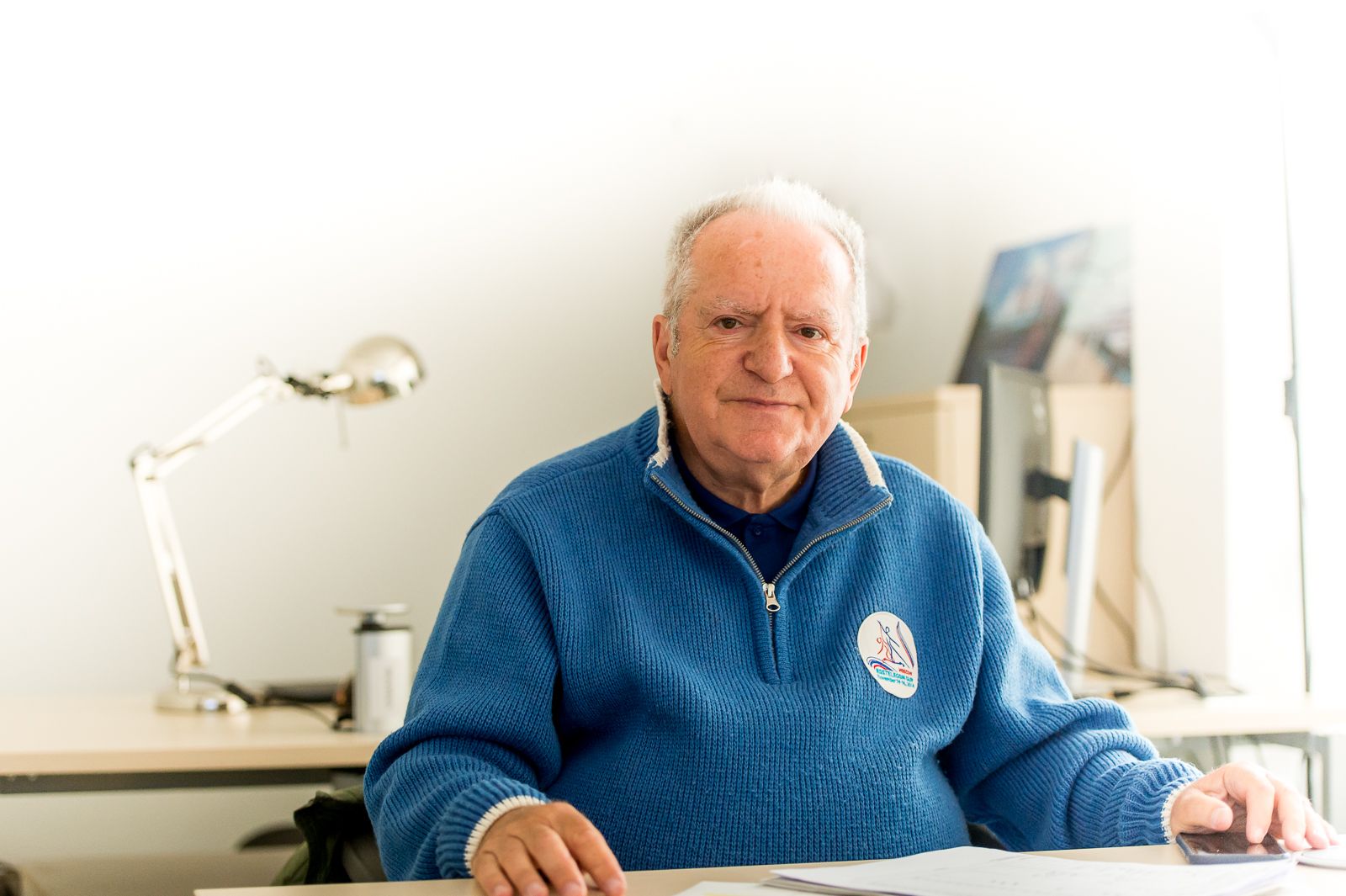sleepingsleeping
Active Member
- Messages
- 140
This is the rule that Athlete with low ability wins. Athlete like Lysacek and Jeffrey Buttle will win. It is questioned whether we want it as a male competition.
Last edited:
Follow along with the video below to see how to install our site as a web app on your home screen.
Note: This feature may not be available in some browsers.
Senior athletes are athletes who can perform without mistake up to 3A.
This is incorrect. There are many Senior men who cannot do a 3A. Some of them are quite pleasant to watch and I am rather fond of a few of them.
Also, not every Senior will have been a Junior champion. That is not a qualifying factor for the Senior level.
You’re talking about Nathan freakin’ Chen. To say his athletic achievements should be the standard is a ridiculously high bar. It’s nonsensicial to even suggest such a thing.Nathan is the champion of Junior Grand Prix Final. ...
Even three years ago, he had a higher level compared to the current junior athlete.
You’re talking about Nathan freakin’ Chen. To say his athletic achievements should be the standard is a ridiculously high bar. It’s nonsensicial to even suggest such a thing.
Nathan is the champion of Junior Grand Prix Final. He is such a situation in 2015 three years ago
http://www.isuresults.com/results/season1516/jgpusa2015/jgpusa2015_JuniorMen_SP_Scores.pdf
http://www.isuresults.com/results/season1516/jgpusa2015/jgpusa2015_JuniorMen_FS_Scores.pdf
Even three years ago, he had a higher level compared to the current junior athlete.
About 20 years ago someone I knew from a fan discussion list once suggested not having judges scores for their home country skaters count -- to drop the compatriot judge's score and sub in the scores from the substitute judge.
With 6.0 scoring in the ordinal system that suggestion made no sense. The scores didn't mean anything in isolation but only as placeholders for each judge to keep track of their rankings.
But with IJS, with the add-and-average procedure for scoring, it would make perfect sense either to just drop the home country judge's score and take the average of one fewer judges (6 instead of 7 or 8 instead of 9) for each GOE and component for each skater with a compatriot judge on the panel. Or include a substitute judge from a different country whose marks don't count except to sub in for the judges who have compatriot skaters in the event.
About 20 years ago someone I knew from a fan discussion list once suggested not having judges scores for their home country skaters count -- to drop the compatriot judge's score and sub in the scores from the substitute judge.
But with IJS, with the add-and-average procedure for scoring, it would make perfect sense either to just drop the home country judge's score and take the average of one fewer judges (6 instead of 7 or 8 instead of 9) for each GOE and component for each skater with a compatriot judge on the panel. Or include a substitute judge from a different country whose marks don't count except to sub in for the judges who have compatriot skaters in the event.
There could still be collusion and "deals."[snip]
IMO this is the reason why judges should never judge their own country’s skaters. It would avoid all question of doubt, and avoid cases like this one.
Of course, but anything that gets closer to the truth has to be a good thing.There could still be collusion and "deals."
This is the GSD thread on this topic:Wait, they changed the UR rules again?

I just find it "interesting" that they would bring back the qualifying round--when their stated reason for reducing the length of men's/pairs long programs was to make competitions shorter.
Ugh, NO2. Replace the current short and long programs with artistic and technical programs
I just find it "interesting" that they would bring back the qualifying round--when their stated reason for reducing the length of men's/pairs long programs was to make competitions shorter.
2. Replace the current short and long programs with artistic and technical programs
Don't they compete a 'free routine' at the Olympics in synchronised swimming that has no required elements?
Are there any synchronised swimming fans here who can explain how that works?
